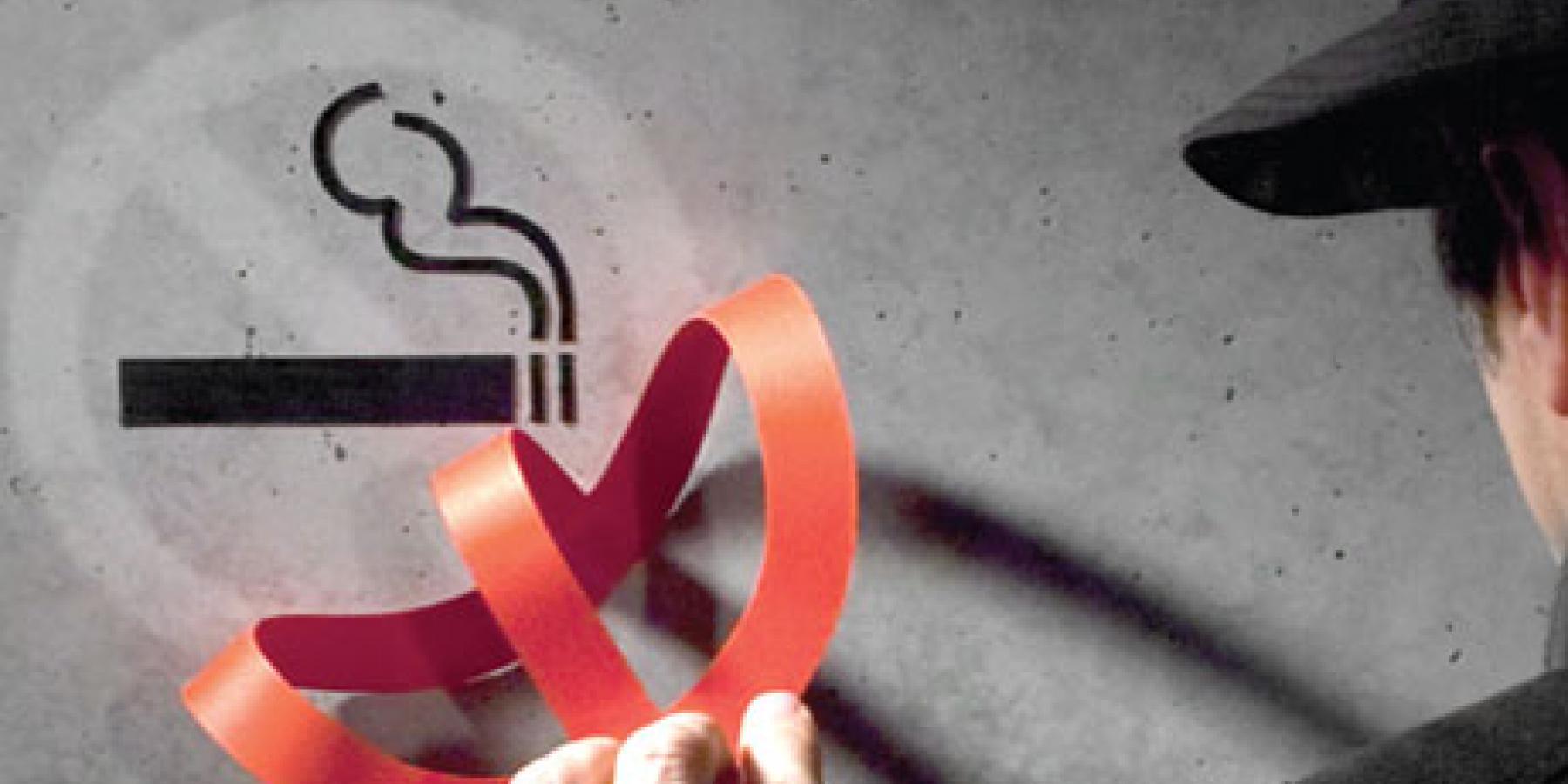World No Tobacco Day: Big Tobacco expands global attacks on public health
31st May 2012

31st May 2012
For an overview of key World No Tobacco Day Resources, visit the homepage of the Framework Convention Alliance here.
GENEVA, 31 May – The global tobacco industry is expanding its war against public health, beyond national courts and into the international arena. Governments must understand these new threats, and stand together to defend their sovereignty and public health.
Tobacco giants Philip Morris International (PMI) and British American Tobacco (BAT) are providing legal support to two countries, Ukraine and Honduras, which recently launched complaints at the World Trade Organisation (WTO) against Australia’s new law banning logos and other ‘branding’ on tobacco packages.
Philip Morris Asia has also launched a legal complaint against Australia, saying the law violates an investment agreement with Hong Kong, while PMI and BAT have been joined by Japan Tobacco International and Imperial Tobacco in challenging the law in Australia’s highest court.
The assault against plain packaging follows other recent campaigns by Big Tobacco against Uruguay, Norway, the United Kingdom and United States. At the international level more and more governments are having to defend strong tobacco control measures they put in place to comply with a global health treaty, the World Health Organization Framework Convention on Tobacco Control (FCTC).
The FCTC sets out specific steps for governments addressing tobacco use, including to:
While Big Tobacco accelerates its offensive, the WHO has named tobacco industry interference as the theme of World No Tobacco Day, 31 May.
“As tobacco control takes hold, the industry continues to adjust its bullying tactics so that it can advance its ultimate aim: to hook a future generation of smokers,” said Laurent Huber, Director of the Framework Convention Alliance (FCA,) which represents over 350 organisations in more than 100 countries. “After attacking public health policies in national courts and via bilateral agreements, they are now enticing governments into doing their dirty work at the World Trade Organization,” he added.
While the tobacco industry broadens its attack internationally, it continues to interfere with individual governments’ policy-making. According to FCA’s Tobacco Watch 2011 shadow report: “The tobacco industry was active in a variety of schemes to impact public health policy. Of particular concern are former tobacco industry officials serving in health ministries, or acting as official government consultants.”
Other examples include:
However, governments and civil society are resisting the campaign against global public health. The 175 Parties to the FCTC recently declared that in order to counter the industry’s attacks ‘… Parties to the Convention are determined to give priority to their right to protect public health, due to the devastating worldwide health, social, economic and environmental consequences of tobacco consumption and exposure to tobacco smoke.’
The FCTC’s 175 Parties represent nearly 90 percent of the world’s people. They will hold their biannual Conference of the Parties in Seoul in November.
“That sort of united stand against the tobacco industry’s tactics is essential,” added Huber. “It will ensure that governments are not intimidated into delaying implementation of the tobacco control measures in the FCTC.”
Source: Framework Convention Alliance
For further information: FCA Communications Manager, Marty Logan, tel: +1.613.234.3927, ext 302, [email protected]